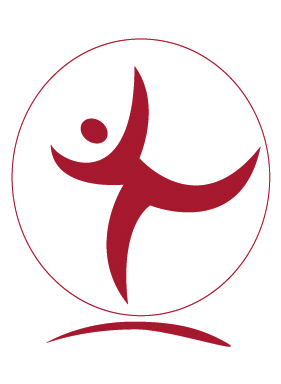Select an item by clicking its checkbox

Toward a Dynamic Model of Religious Studies Senior Capstone
Proposal abstract :
The Religious Studies Senior Capstone, currently a 25-page thesis required of all majors, does not consistently meet the needs of students and faculty and may not be the appropriate capstone for the major. We propose to evaluate and redesign the senior capstone to bring it into alignment with our department goals. We will host a Wabash consultant to help us articulate our goals for the capstone and then a campus-wide workshop on possible humanities capstone models, including three consultants from model institutions. Over the summer department members will design a new capstone model, which will be implemented in the final semester of the grant. We will also a host an on-campus dialogue about interdisciplinary capstones, hoping to foster cooperation among departments.
Learning Abstract :
We proposed to evaluate and redesign the senior capstone experience to bring it into alignment with our department goals, a task we successfully accomplished with the help of a Wabash mentor, a campus workshop featuring consultants from model institutions, and a series of departmental retreats. The department re-articulated its department learning goals and collaboratively created, implemented, evaluated and further refined a new capstone course. It integrates three primary elements: (1) an intellectual autobiography asking students to reflect on their learning, with emphasis on the major; (2) a project designed on the basis of students' intellectual interests with implications for their life beyond Hendrix; and (3) a process of translating religious studies and liberal arts experiences into language appropriate for a résumé and for interviews with employers. The course has produced promising results that have been well-received by the college's leadership, and may provide a model for other programs.
The Religious Studies Senior Capstone, currently a 25-page thesis required of all majors, does not consistently meet the needs of students and faculty and may not be the appropriate capstone for the major. We propose to evaluate and redesign the senior capstone to bring it into alignment with our department goals. We will host a Wabash consultant to help us articulate our goals for the capstone and then a campus-wide workshop on possible humanities capstone models, including three consultants from model institutions. Over the summer department members will design a new capstone model, which will be implemented in the final semester of the grant. We will also a host an on-campus dialogue about interdisciplinary capstones, hoping to foster cooperation among departments.
Learning Abstract :
We proposed to evaluate and redesign the senior capstone experience to bring it into alignment with our department goals, a task we successfully accomplished with the help of a Wabash mentor, a campus workshop featuring consultants from model institutions, and a series of departmental retreats. The department re-articulated its department learning goals and collaboratively created, implemented, evaluated and further refined a new capstone course. It integrates three primary elements: (1) an intellectual autobiography asking students to reflect on their learning, with emphasis on the major; (2) a project designed on the basis of students' intellectual interests with implications for their life beyond Hendrix; and (3) a process of translating religious studies and liberal arts experiences into language appropriate for a résumé and for interviews with employers. The course has produced promising results that have been well-received by the college's leadership, and may provide a model for other programs.